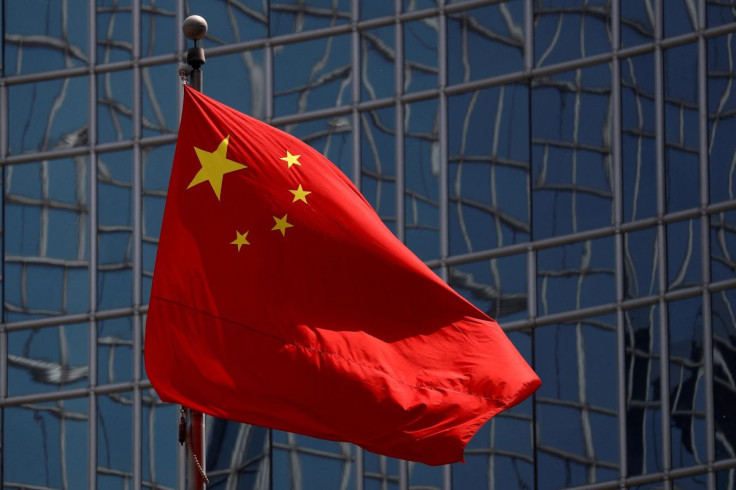Will China Ever Become A Developed Country?
China has been an emerging market for quite some time. To paraphrase the country's revolutionary leader Deng Xiaoping: It's time to become developed.
But most emerging countries have yet to become developed. Instead, they remain emerging, or even worse, they regress to frontier status, as has been the case with Argentina and the Philippines, to mention but a few.
Will China be among the few that gain development status? President Xi Jinping thinks so.
In a long speech at the party congress last month, he outlined the progress the party made in the 20th century toward this goal and the need for a technological leap to reach it.
A technological leap is critical for emerging market economies to overcome two problems they encounter after years of reliance on foreign technology and cheap domestic labor for growth: the middle-income trap and the Lewis point.
The middle-income trap is where these countries are stuck in a middle-income level, while the Lewis point is where they run out of excess labor trapped in agriculture.
But that would be challenging for several reasons. One of them is that the U.S., a provider of breakthrough technology, is no longer willing to accommodate China's ambitions, as Beijing has been antagonizing Washington on many fronts, including the South China Sea, Taiwan Strait and the Russia-Ukraine war.
Another is the property bubbles, which waste the country's resources into projects with a multiplier but not an accelerator effect, like ghost apartment buildings and shopping malls, bridges to nowhere, and airports without flights. They stimulate growth while construction lasts but nothing after that to make that growth sustainable.
A third reason is supply chain disruptions and COVID-19 restrictions, which constrain China's economic growth and ability to develop and diffuse new technologies.
Riccardo Cociani, an Asia Pacific intelligence analyst at Sibylline, a global consulting firm, sees Beijing will likely double down on its efforts to spend big on technology to overcome both the middle-income trap and the Lewis point and become a developed country by 2049 and to avoid them.
But he's skeptical about its chances of succeeding without addressing the consequences of ongoing domestic issues listed above — and of geopolitical competition simultaneously.
"China is likely to face additional risks and uncertainties throughout the next five years," Cociani explained in an email to International Business Times. "Domestically, it must first overcome GDP growth slumps and prevent a major financial crisis triggered by the real estate sector downturn. Abroad, it must contend with regional and global competitors for access to talents, resources and technologies, among others, as part of its quest. As such, geopolitical competition for technological supremacy will likely intensify."
Dimitar Gueorguiev, associate professor of political science at the Maxwell School of Citizenship and Public Affairs at Syracuse University, thinks that there needs to be more evidence that China is in a position to develop its technologies and become a developed country.
"So far, however, we have not seen much demonstrable evidence that China will be able to make good on such aspirations, especially as it itself cut off from inputs coming from the U.S.," he told IBT in an email.
Moreover, Gueorguiev thinks China should be careful about its wishes. It may not be content with them if they come true.
"I might also point out that 'developed' country status is a double-edged sword for China as it will make it harder for Beijing to claim South-South fraternity with other developing countries," he explained. "And place further scrutiny on Chinese economic subsidies and carbon emissions, which it currently enjoys a low bar on as a 'developing country.'"

© Copyright IBTimes 2024. All rights reserved.






















